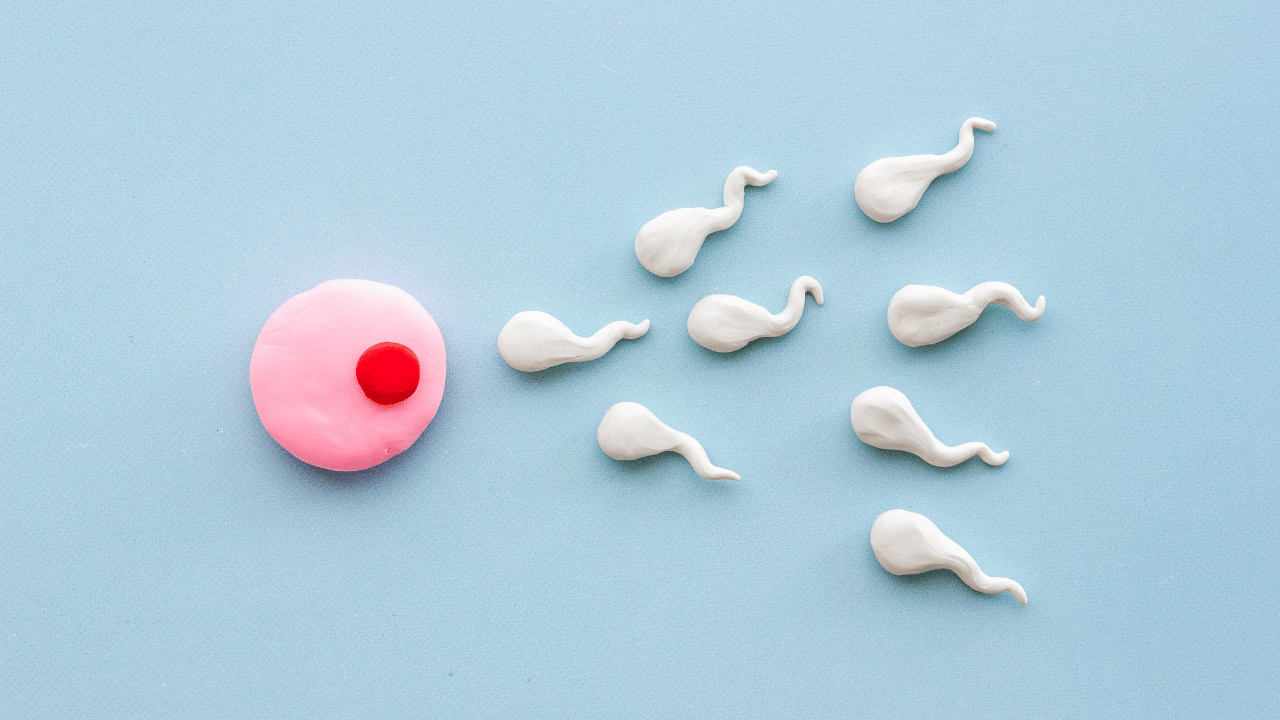Difficulty getting pregnant is often associated with infertility problems in women. However, did you know that men also play an important role in fertility? In fact, around 30-50% of infertility cases are caused by male factors. One of the most common infertility problems in men is oligospermia.
Oligospermia is a condition in which the number of sperm in a man's semen is less than normal. This condition can hinder the fertilization process and cause difficulty getting pregnant. Come on, read the following article in full.
What Is Oligospermia?
Oligospermia is a condition where the semen released during ejaculation has a lower than normal number of sperm. This condition is characterized by a sperm count of less than 15 million per milliliter of semen. The lower the sperm count, the lower the chance of pregnancy for a couple.
Oligospermia can be categorized into three levels based on sperm count:
- Ringing Oligospermia: The sperm count is between 10 - 15 million per milliliter of semen.
- Moderate Oligospermia: The number of sperm is between 5 - 10 million per milliliter of semen.
- Severe Oligospermia: The sperm count is less than 5 million per milliliter of semen.
Causes of Oligospermia
The causes of decreased sperm count are often related to a number of health problems and side effects of medical treatment, which include the following:
1. Varicocele
Varicocele is a condition of swollen veins in the testicular sac (scrotum), which is similar to varicose veins in the legs. This is a common cause of infertility in men because blood trapped in the scrotum can increase testicular temperature and reduce sperm quality.
2. Infection
Several types of infections can interfere with sperm production or health, including oligospermia. Sometimes, this condition can also cause scarring that blocks the path of sperm.
3. Retrograde Ejaculation
In retrograde ejaculation, semen enters the bladder during orgasm rather than exiting the tip of the penis. This results in a small amount of sperm coming out.
4. Tumors and Cancer
Tumors or cancer can affect the function of the male reproductive organs. Treatment such as surgery, radiation therapy, or chemotherapy can also impact male fertility.
5. Testicles Fail to Descend
During fetal development, sometimes one or both testicles fail to descend from the abdomen into the scrotum. This is called cryptorchidism or undescended testicles, which increases the risk of reduced fertility due to impaired testicular function.
6. Hormonal Disorders
Hormones produced by the hypothalamus, pituitary and testes glands are important for sperm formation. Hormonal disorders can interfere with sperm production and cause oligospermia.
7. Sperm Duct Damage
Injury from previous surgery or infection can cause damage to the vas deferens, the tube that carries sperm from the testicles to the outside of the body. In addition, oligospermia can also be caused by trauma or genetic disorders such as cystic fibrosis or similar syndromes.
How to Treat Oligospermia
The treatment approach for oligospermia depends on the causative factors. The doctor will explore the root of the problem, such as infection, hormonal imbalance, or other factors.
1. Medicines
If the cause is an infection, the doctor will give antibiotics to fight it. In cases of hormonal imbalance, hormone therapy can be done to help normalize it.Although hormone therapy does not always increase sperm count, it can prevent a further decrease in sperm count.
2. Operational Action
For cases with a very low sperm count, surgery such as TESE (Testicular Sperm Extraction) could be an option.This procedure will take sperm directly from the testicles to be used in the IVF process.
3. Adopt a Healthy Lifestyle
Living a healthy lifestyle also plays an important role in overcoming oligospermia. Consuming antioxidant-rich fruit and vegetables can help improve sperm quality.Apart from that, quitting smoking, maintaining an ideal body weight, and exercising regularly also have a positive effect on sperm health.
Understanding oligospermia is an important step for men who want to have children. Maintaining fertility and sperm quality is very important. Avoid factors that can cause oligospermia so that you can easily have children. It is important to remember that oligospermia is a fertility problem that can be treated appropriately. With proper handling, the opportunity to have offspring is still wide open.
References:
https://www.halodoc.com/kesehatan/oligospermia
https://www.morulaivf.co.id/id/blog/apa-itu-oligospermia-dan-bagaimana-cara-mengatasinya/
https://bocahindonesia.com/kenali-oligospermia-kelainan-sperma/#Cara_Pengobatan_Oligospermia
https://hellosehat.com/kehamilan/kesuburan/masalah-kesuburan/oligospermia-jumlah-sperma-sedikit/



1 comment
Leave a comment